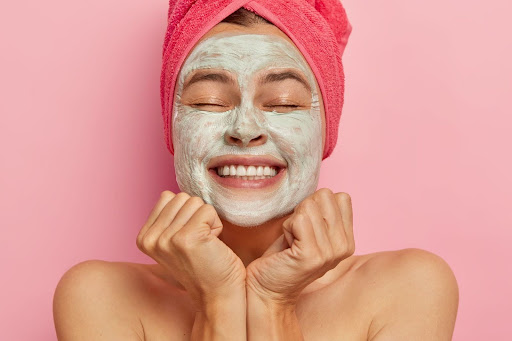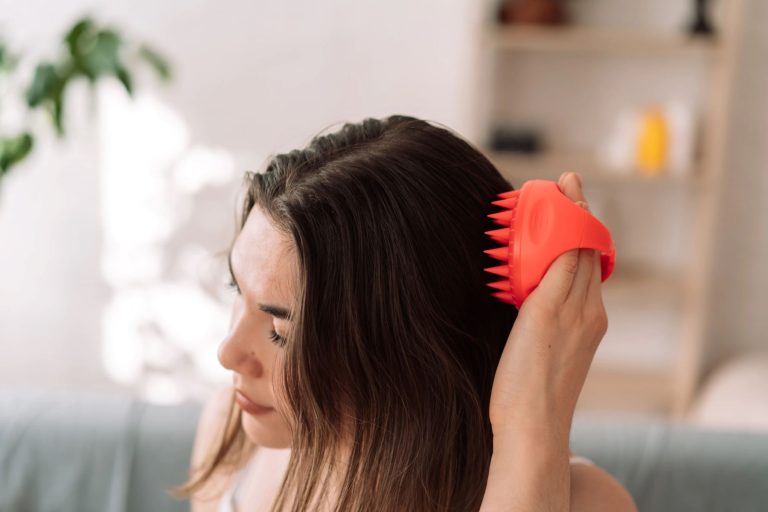Face Scrubs for Acne: Does Exfoliating Clear Skin
Introduction: Exploring the Connection Between Exfoliation and Acne
Acne is a common skin concern that affects millions worldwide, and many seek effective ways to manage it. Exfoliation, particularly through face scrubs, is often touted as a remedy. This blog delves into how face scrubs can affect acne-prone skin and whether they can truly help clear your complexion.
Understanding Acne and Its Causes
What Causes Acne?
Acne results from clogged pores, which can be due to excess oil production, dead skin cells, and bacteria. Hormonal changes, diet, stress, and certain medications can exacerbate these issues, leading to breakouts.
The Role of Exfoliation in Skin Health
Exfoliation helps remove dead skin cells that can clog pores and cause acne. By clearing these cells regularly, face scrubs can prevent the buildup that leads to breakouts, promoting a clearer skin surface.
The Benefits of Face Scrubs for Acne-Prone Skin
Removing Impurities and Dead Skin
One of the primary benefits of using a face scrub is its ability to deep cleanse the pores. For those with oily and acne-prone skin, scrubs can remove the excess sebum and debris that contribute to acne.
Promoting Cellular Renewal
Regular exfoliation with face scrubs encourages faster cell turnover. Newer skin cells are healthier and less prone to acne, helping to improve overall skin texture and tone.
Choosing the Right Face Scrub for Acne
Ingredients to Look for in Acne-Friendly Scrubs
Look for face scrubs with ingredients like salicylic acid, which penetrates pores to remove impurities. Avoid oily or comedogenic components that could worsen acne. Natural ingredients known for their soothing properties, like green tea and aloe vera, can also be beneficial.
Avoiding Harsh Scrubs
Harsh scrubs with large, abrasive particles can cause micro-tears in the skin, leading to more inflammation and acne. Opt for scrubs with fine, gentle exfoliants to prevent damage while still effectively cleansing the skin.
How to Use Face Scrubs Safely on Acne-Prone Skin
Effective Application Techniques
Apply the scrub gently to moistened skin in circular motions; avoid scrubbing vigorously as this can irritate acne-prone skin. Focus on areas that are prone to oiliness but don’t scrub inflamed or open acne wounds.
Frequency of Exfoliation
Over-exfoliating can strip the skin of natural oils and exacerbate acne symptoms. It’s generally recommended to use face scrubs 1-2 times a week for acne-prone skin, depending on how your skin reacts.
Integrating Face Scrubs into Your Acne Treatment Routine
When to Exfoliate in Your Skincare Routine
The best time to exfoliate is at night, allowing the skin to heal overnight. Exfoliating before applying topical acne treatments can increase their effectiveness by allowing deeper penetration into the pores.
Post-Exfoliation Care
After using a face scrub, it’s important to soothe and hydrate the skin. Apply a non-comedogenic moisturizer to maintain hydration and protect the skin barrier. Also, consider using a gentle toner to restore pH balance and tighten pores.
Common Mistakes to Avoid with Face Scrubs and Acne
Exfoliating Too Frequently
Many with acne make the mistake of over-exfoliating in an attempt to clear skin quickly. This can irritate the skin and increase oil production, making acne worse. Stick to a moderate exfoliation schedule and monitor how your skin responds.
Ignoring the Ingredients
Some scrubs contain oils or other ingredients that can clog pores and worsen acne. Always check the ingredient list and choose products specifically designed for acne-prone skin.
Conclusion: Can Exfoliating Help Clear Your Skin?
Face scrubs can be a beneficial addition to an acne treatment regimen if used correctly. They help remove impurities and promote cell turnover, contributing to clearer skin. However, it’s crucial to choose the right product and use it wisely to avoid exacerbating your acne. With careful selection and proper technique, face scrubs can indeed help manage and reduce acne.






